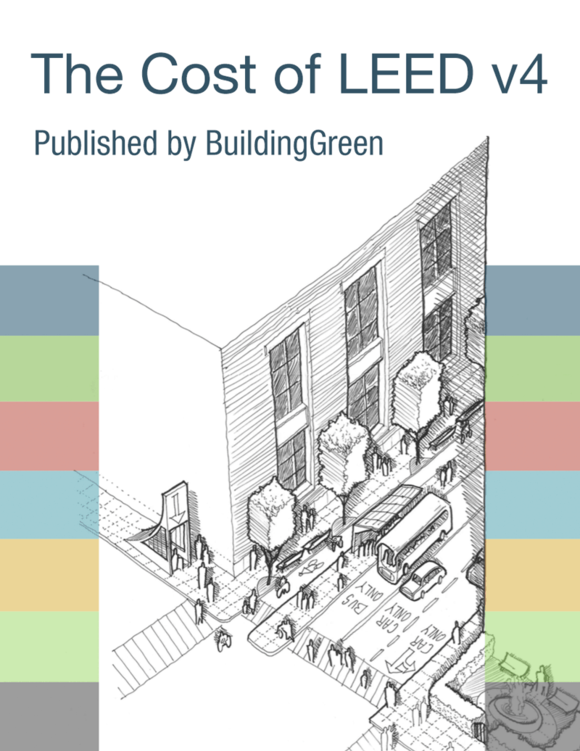Under Indoor Environmental Quality Overview, Tricky Spaces:
Add a new section as follows:
"Museums
• Exceptions to Interior Lighting, Daylight, and Quality Views are permitted. See the Further Explanation, Project Type Variations sections in Interior Lighting, Daylight, and Quality Views."
Under Interior Lighting, Further Explanation, Project Type Variations
Add a new section as follows:
"Museums
• Museum exhibit and other collection spaces may be excluded from the interior lighting requirements."
Under Daylight, Further Explanation, Project Type Variations
Add a new section as follows:
"Museums
• Museum exhibit and other collection spaces may be excluded from the daylight requirements."
Under Quality Views, Further Explanation, Project Type Variations
Add a new section as follows:
"Museums
• Museum exhibit and other collection spaces may be excluded from the views requirements."



